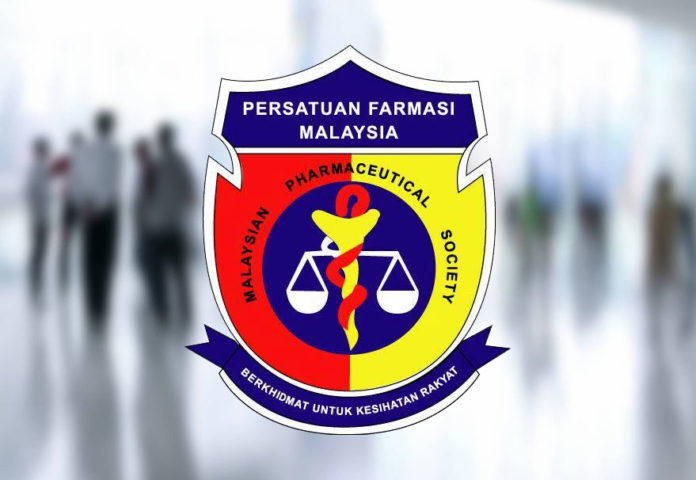18 September 2017, Puchong, Malaysia – In referring to the posting by Dr. Khatijah which was published on Free Malaysia Today news portal as well as MIMS on 14 September 2017, the Malaysian Pharmaceutical Society (MPS) in a press release dated the same stands in agreement with the doctor who stated that the separation of the roles of doctors and pharmacists would save doctors a huge portion of expenditure in terms of medications procurement as well as managing the movement of stocks.
Speaking to reporters, President of MPS, Tn Hj Amrahi said the following: “Separation of dispensing happens in the public hospital, private hospital, and public health clinic setting. Namely almost three quarters of the health care system practices separation of dispensing except for the quarter that do not, namely the primary healthcare clinics.”
MPS in its press release stated that the role of a pharmacist in the community setting has evolved. The community pharmacists today assist patients in self-monitoring of their blood glucose levels and blood pressure levels. They also provide medication counseling for non-communicable diseases and help to increase patient compliance and adherence to medication therapy. Pharmacists are no longer mere dispensers of medication, they are also synergistic partners in health care and providers of care for consumers and patients.
Addressing the comment that pharmacists dispense medication without prescriptions, Amrahi further stated, “First we must be clear that only group B poisons require prescriptions. However, the general public will concur that these are hard to come by because most doctors in the primary care setting refuse to release prescriptions. This puts the patient at a cost disadvantage and leaves the pharmacist in a situation of having to decline service to patients with chronic diseases on long term medication.”
He adds, “There are strict rules to the supply of medicines in clinics and pharmacies. Only Pharmacists with a Type A license are allowed to sell medicines by retail to patients. As per Malaysian law, only board registered pharmacists can apply for the Poison A license which gives them the right to provide medicine by retail.”
Amrahi believes there is also lack of clarity on the term OTC. The term Over-The-Counter (OTC) medicine is defined as medicines that are not controlled under the Poisons Act 1952. Examples of OTC medicines are non-poison cough preparations, sore throat preparations, anti-diarrhea preparations and anti-constipation preparations amongst others. These types of medicines are available in department stores, convenience stores, clinics and pharmacies, and sundry shops. According to Amrahi it is possible that due to the vast amount of places that these medicines are attainable, clinics may be feeling the pinch.
MPS reports that in Malaysia, there is no separation of dispensing from prescribing at the private primary community level despite the fact that at worldwide level it has been shown to provide additional patient safety. The Poison Act 1952 does give doctors the full freedom to dispense medication by themselves after examining a patient. However they do not have the freedom to supply medicines by retail from their clinics without providing consultation to the patient first. This legislation is in place to prevent harm to the person seeking treatment.
According to MPS, patients not only have the right to request for a prescription, they also have the right to know the name (brand/generic) of the medicinal product they have been provided and finally the medication needs to be handed over to the patient by the doctor and not the clinic staff who may or may not have the correct pharmaceutical training.
In his closing remarks, Amrahi expressed disappointment that certain quarters always use pharmacists as the punching bag. “Maybe it is time to conduct a thorough survey as so to why GP’s are shutting down?”
Amrahi states that going to war benefits no party and we must join forces with MMC to ensure the doctors get their dues via consultation fees and pharmacist get to serve the community as the party that vets and dispenses the group B prescriptions.
